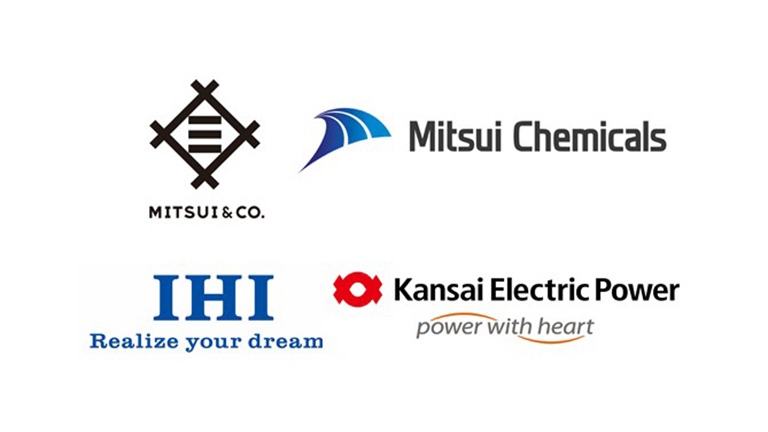Japan consortium to explore ammonia imports to Osaka
By Julian Atchison on September 04, 2023
Kobe Steel: power generation, potentially steel-making?

Mitsui & Co., Mitsui Chemicals, IHI Corporation and the Kansai Electric Power Company will explore the feasibility of establishing a hydrogen and ammonia supply chain based in Osaka. The four organisations will study the development of import facilities for receiving, storing, and supplying ammonia to industrial sites around the city, and potentially the wider Kansai and Setouchi regions. Together, the four partners represent an interesting cross-section of ammonia energy stakeholders in Japan: Mitsui & Co. (currently Japan’s biggest importer of ammonia), Mitsui Chemicals (chemicals manufacturing near Osaka), IHI (aims to build full ammonia value chains based on its technologies), and Kansai Electric Power (keen interest in ammonia fuel imports for power generation).
In the announcement, Mitsui & Co. indicates that discussions have already begun with a key offtaker – Kobe Steel. In May 2021, Kobe Steel announced it was seeking to co-fire ammonia at its coal-fired Kobe Power Plant near Osaka as part of a long-term decarbonisation plan for electricity generation (via a subsidiary, Kobe Steel is also one of Japan’s largest wholesale electricity suppliers). Electricity generated at the 1.4 GW plant is currently supplied to Kansai Electric Power.
The new announcement also mentions the use of cracking infrastructure to generate hydrogen once the imports have reached Japan. Hydrogen feedstock would have many applications in the Osaka area, including the potential for hydrogen-based steel production. There is a cluster of steel plants around Osaka, including two Kobe Steel-owned facilities that utilise blast furnace technology – ideal candidates for conversion to operate via direct hydrogen reduction.
LOTTE & Air Liquide: imports to South Korea
In South Korea, LOTTE Chemical & Air Liquide will expand their domestic hydrogen business. In a new agreement, the pair announced they will cooperate to develop capacity for “ammonia decomposition”, liquefied hydrogen handling and hydrogen shipping, based in the key import location of Yeosu on Korea’s southern coast. The announcement indicates that hydrogen produced from cracking ammonia imports will be primarily used for power generation and mobility fuel. However, steel-making represents another viable offtake option for cracked ammonia imports, as Yeosu is also home to one of POSCO’s two steelworks in Korea: Pohang Iron & Steel Gwangyang. POSCO has already demonstrated its intent to establish ammonia mega-projects around the world (including Oman), creating a steady supply of ammonia imports to South Korea, which will be cracked on arrival and used in steel-making.
Expanding cooperation between the two companies that possess various strengths is expected to promote the hydrogen/ammonia economy and contribute to carbon neutrality. LOTTE Chemical will maximize its core capacities in production, distribution, utilization, technological development, etc. possessed by the company for the successful landing of the hydrogen ecosystem, and further strengthen its global network.
LOTTE Chemical Hydrogen Business Group CEO Hwang Jin Koo in his organisation’s official press release, 8 Aug 2023
thyssenkrupp: direct reduction technology to be deployed in Germany
Ammonia technology provider thyssenkrupp is also active in this space, with an ongoing project to convert the Duisburg steel works to operate on direct ore reduction via hydrogen feedstock. The combination of ammonia cracking and steel-making is an emerging nexus, and one that will be explored at our upcoming annual conference in Atlanta, USA. Join thyssenkrupp Uhde’s Hady Abdulhady in the first session of our technology track – Value propositions for NH3 in novel sectors – to learn more about the role of ammonia energy in steel making.